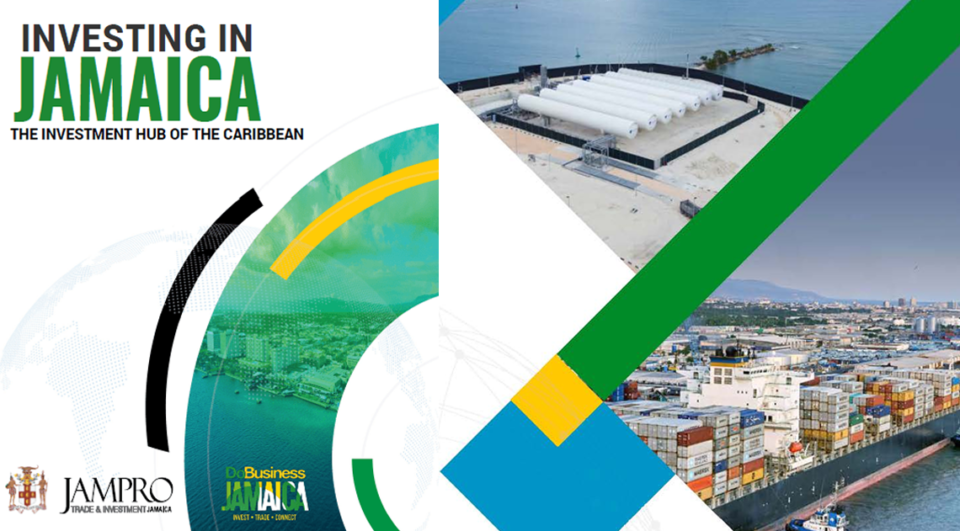[et_pb_section bb_built=”1″][et_pb_row][et_pb_column type=”4_4″][et_pb_text]
Minister of Foreign Affairs and Foreign Trade, Senator the Honourable Kamina Johnson Smith says that the system of Agro-Food Global Value Chains (GVCs) is seen as one of the most important means to achieving sustainable food security.
Johnson Smith who recently represented the Caribbean Community (CARICOM) at the G20 Trade and Investment Meeting in Mar De Plata, Argentina explained that the GVCs is critical in the achievement of the 2030 Sustainable Goals for developing countries. “The need for intensified dialogue and action on the subject is crucial,” she said. Johnson Smith made the point that if developing countries remain within the developing group category, “this will not be good for any of us.” In a broader context, this will adversely affect global growth and global development.
Citing the ethos of the 2030 Sustainable Development Goals (SDG’s), Minister Johnson Smith stressed that “If we truly believe that no one will be left behind, and then it is important that specific measures be taken to integrate developing countries in Afro-Food Global Value Chain and more importantly to move developing countries up Global Value Chains.” Jamaica’s presence and ability to present the importance of GVC’s on the behalf of Small Island Developing States on a global platform is critical to the advancement of Small Island Development States (SIDS) economic growth and development.
Following the commitments made by world leaders to continue strengthening the cooperation in trade and investment within the G20 coalition in 2017, the G20 group also engaged in a robust discussion on current international trade developments, recognizing the urgent need to discuss current events in international trade and ways to improve the World Trade Organization (WTO) to face current and future challenges.
In submitting her arguments to the group, Johnson Smith underscored the need to note the consequences of unilateral measures on the economy of small, open and vulnerable economies such as countries within the CARICOM grouping. Against this background, Johnson Smith is adamant that there is a necessity for a predictable, transparent rule-based multilateral system. She argued that this system must be preserved (although the system needs reform), if trade is to promote global growth and development leaving no country behind.
[/et_pb_text][/et_pb_column][/et_pb_row][/et_pb_section]





